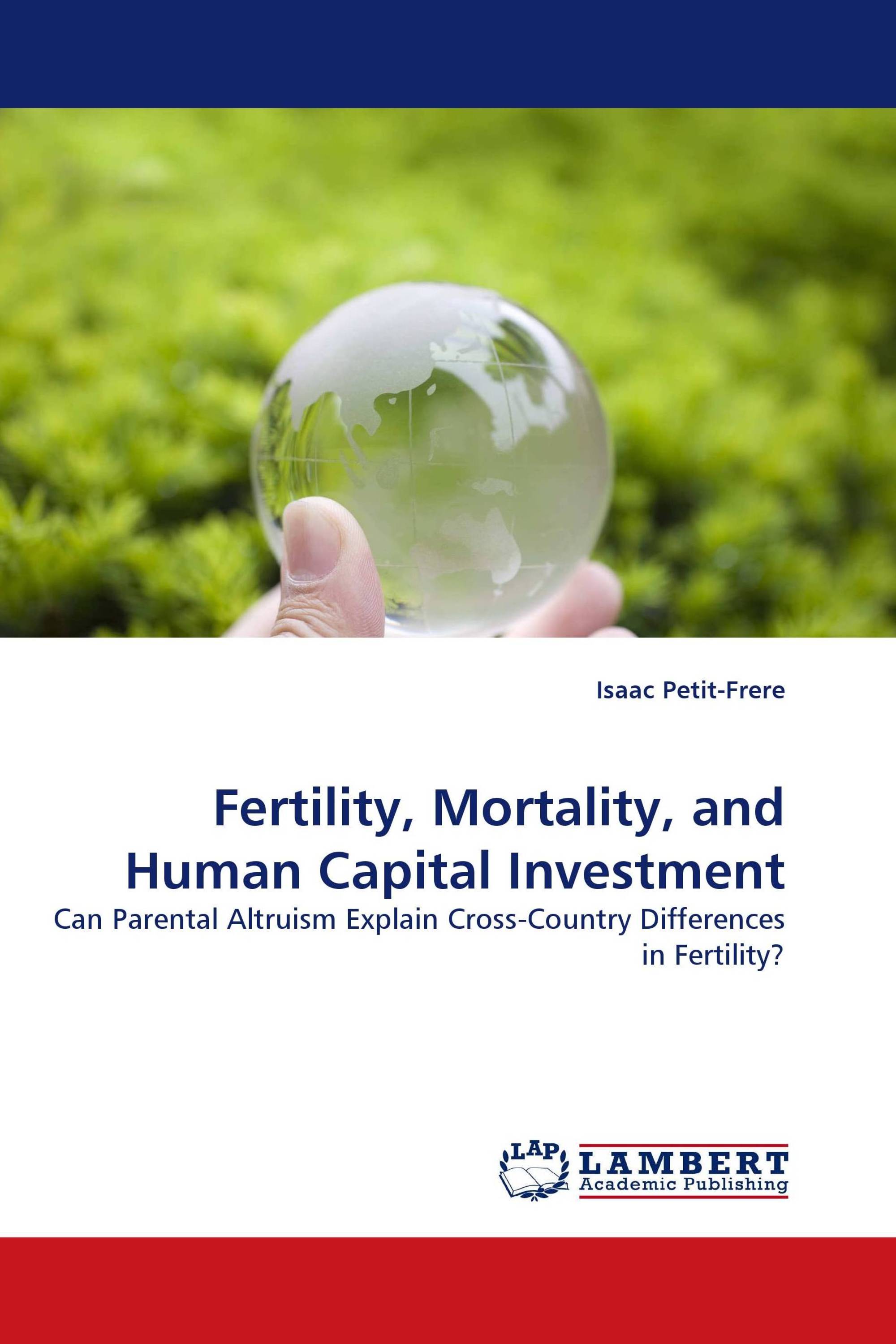Fertility, Mortality, and Human Capital Investment
Can Parental Altruism Explain Cross-Country Differences in Fertility?
LAP Lambert Academic Publishing ( 2010-12-15 )
€ 49,00
Previous versions of the dynastic (parental altruism) model failed to explain the positive relationship between mortality and fertility in the data. This is due to the assumption that unit child costs decease with infant mortality and parents care for the number of children born. I contest that fertility decision is dependent on the number of surviving children and not the number of children born. Essentially, higher childhood survival requires fewer children (i.e. less “hoarding”) in order to ensure the desired family size. I fi…nd that a simple reformulation of the Becker-Barro altruism hypothesis successfully explains fertility differences across countries. I calibrate an in…finitely-lived, overlapping-generations, dynastic utility model and compare the fertility predictions of the baseline model with the data for the year 2000. The steady state analysis of this model can explain over 62% of the cross-country variation, while mortality rates alone can explain 10-25%. The model generally performs better for . While the model tends to perform well for low survival, high fertility countries and vice versa, more needs to be done to explain fertility in the transition economies.
Book Details: |
|
|
ISBN-13: |
978-3-8433-8498-8 |
|
ISBN-10: |
3843384983 |
|
EAN: |
9783843384988 |
|
Book language: |
English |
|
By (author) : |
Isaac Petit-Frere |
|
Number of pages: |
104 |
|
Published on: |
2010-12-15 |
|
Category: |
General Social sciences |




